
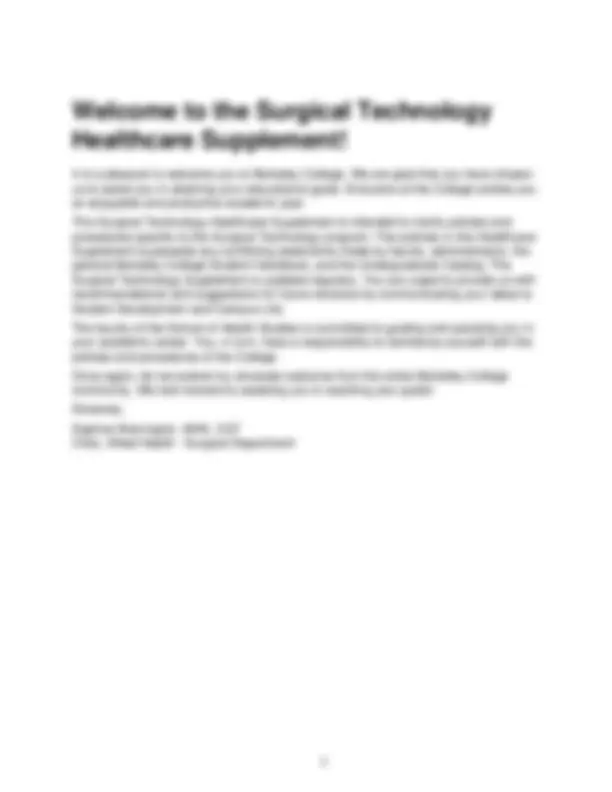
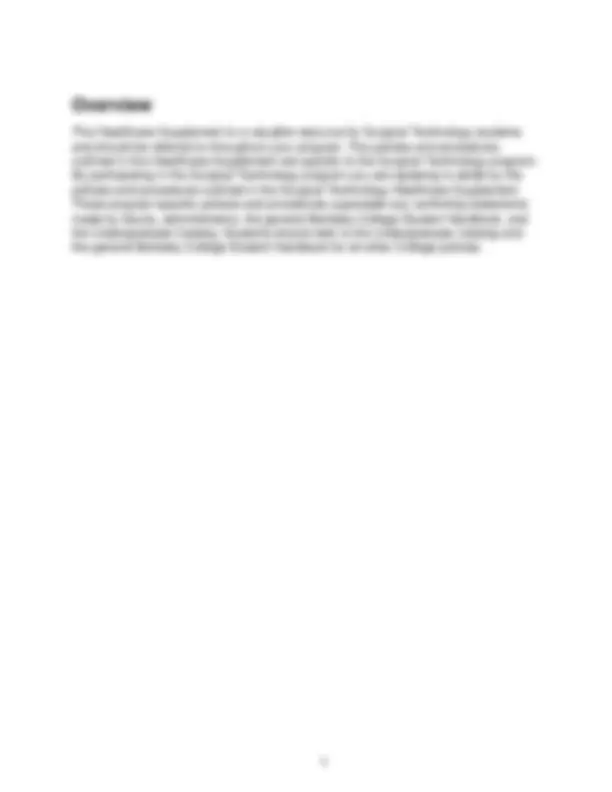
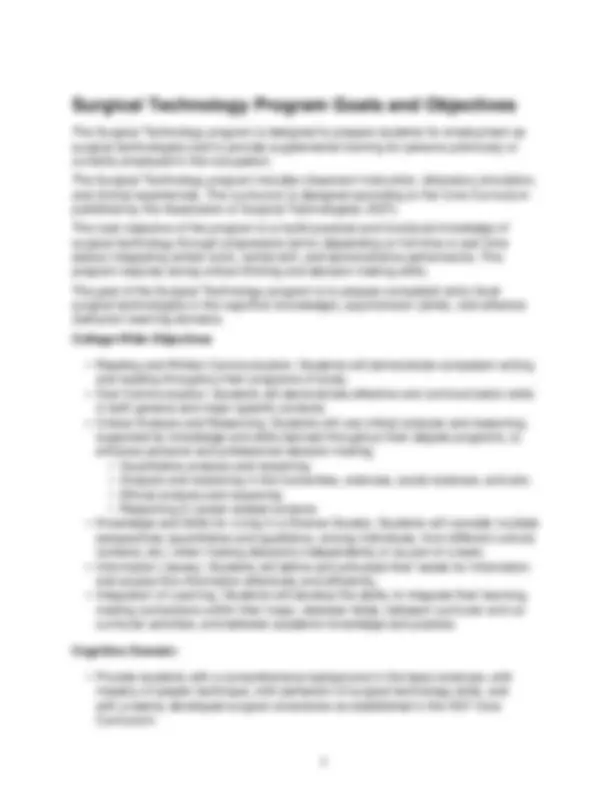
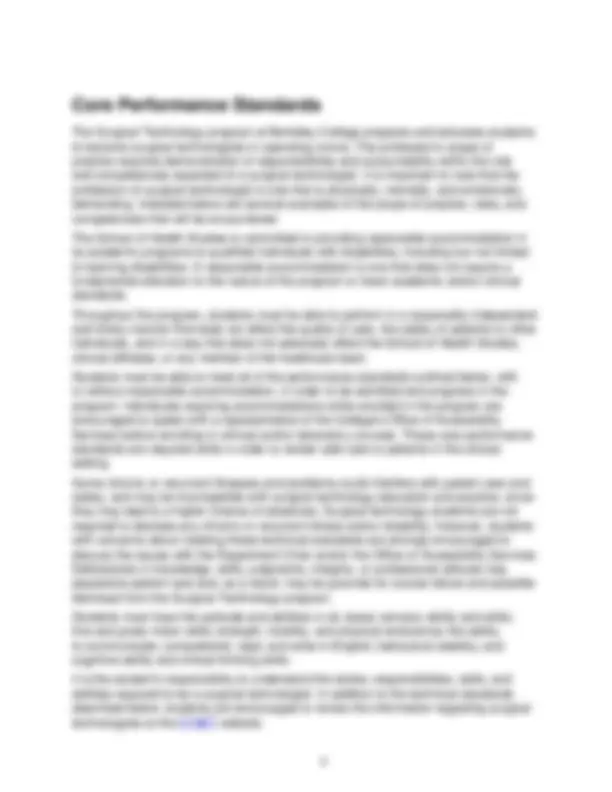
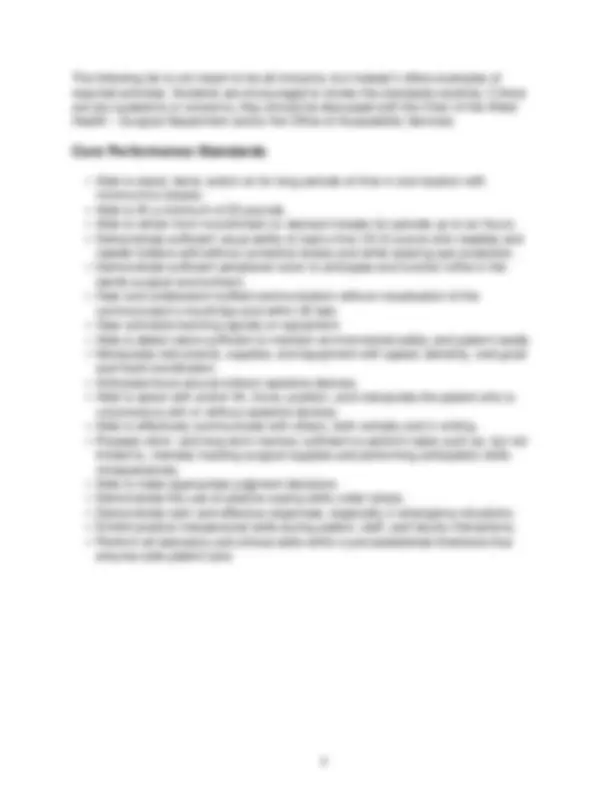
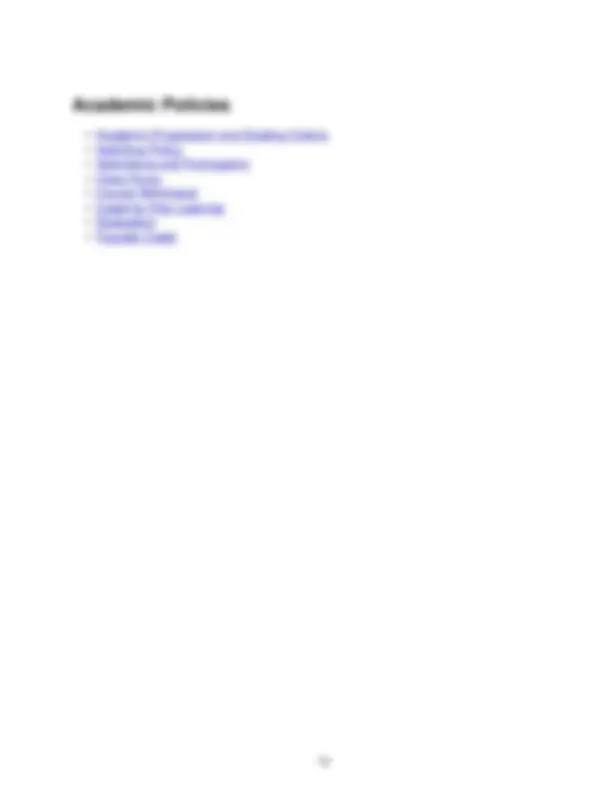
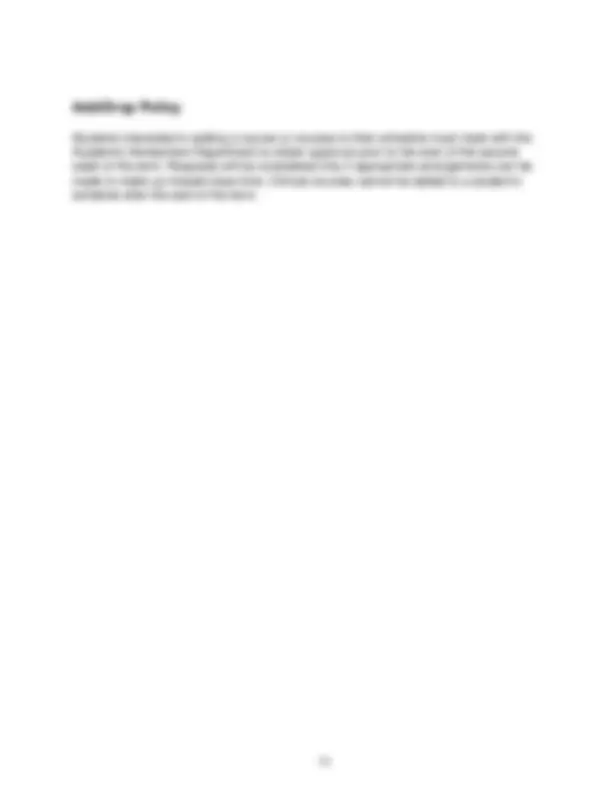
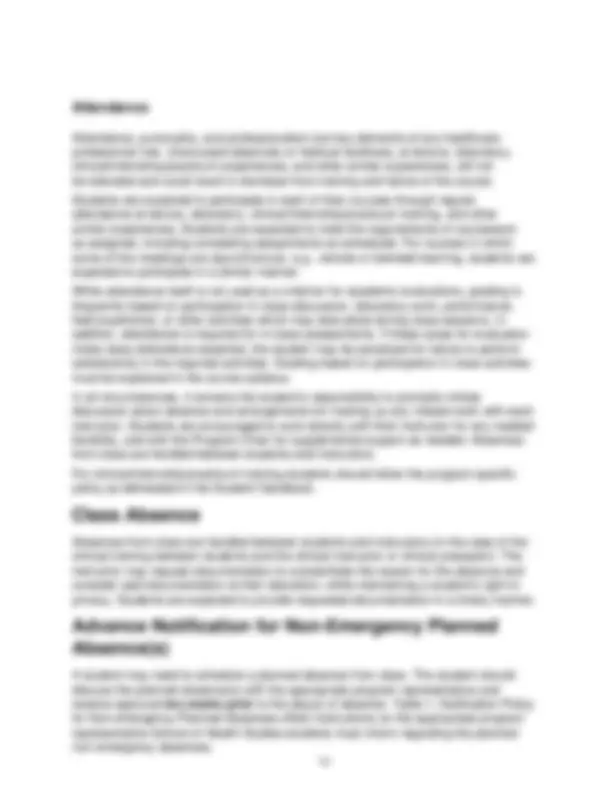
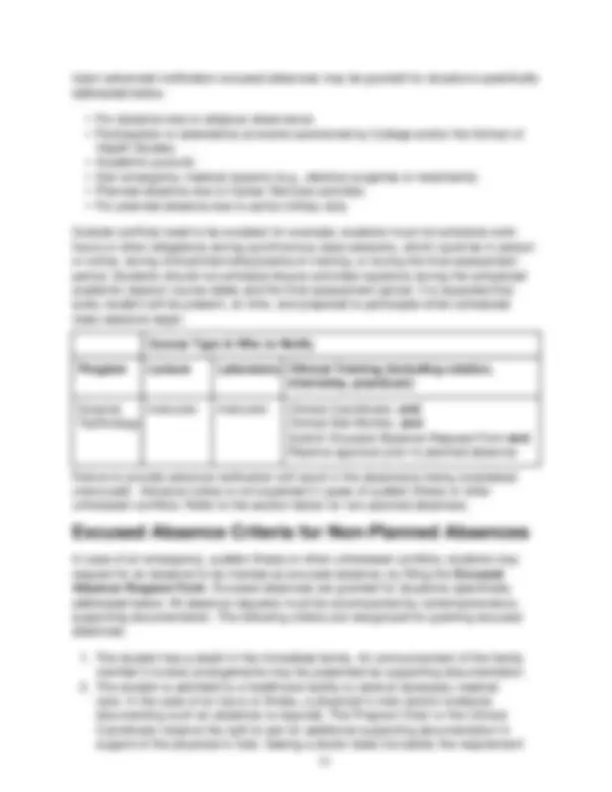
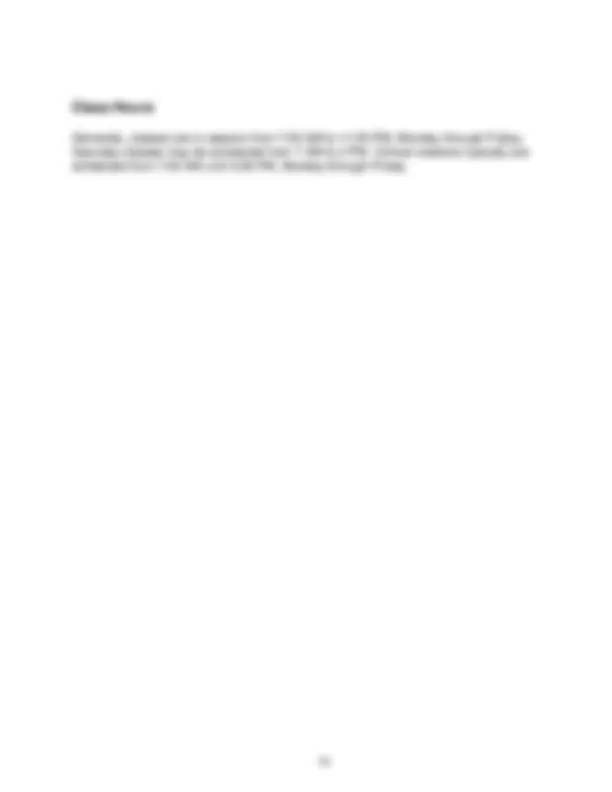
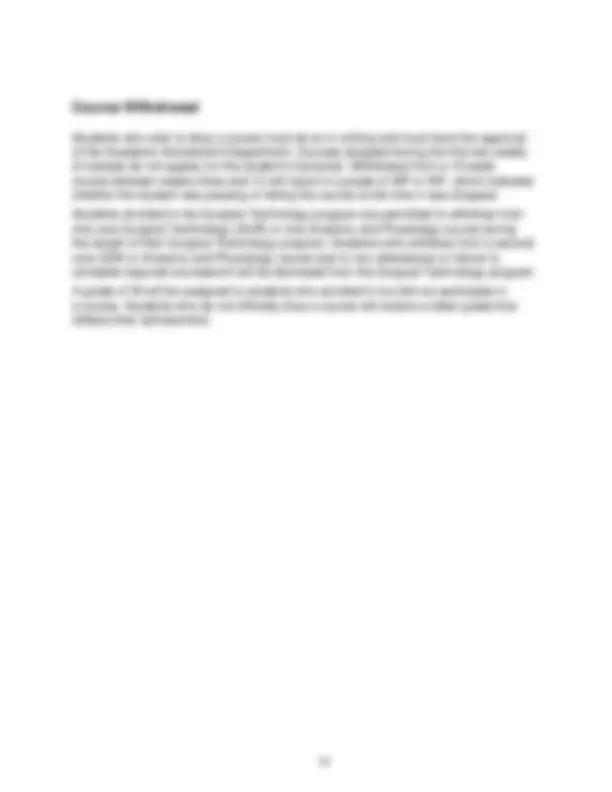
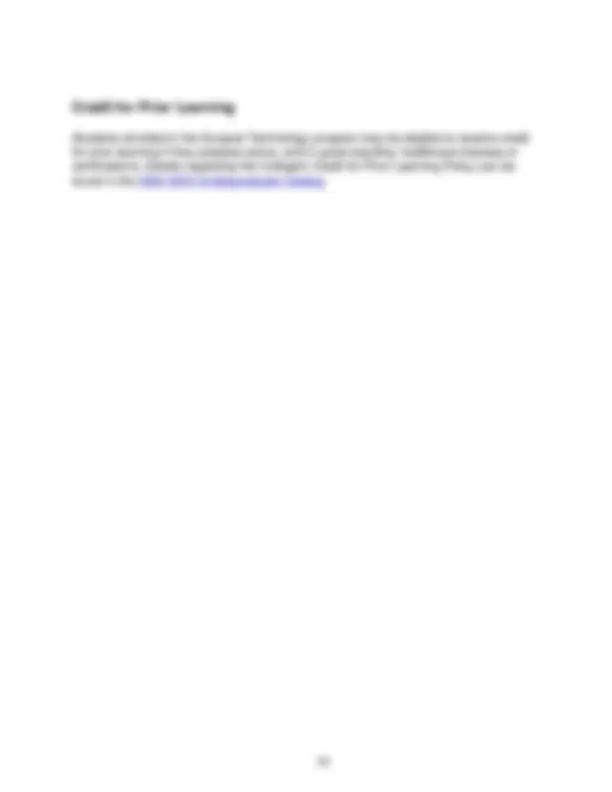
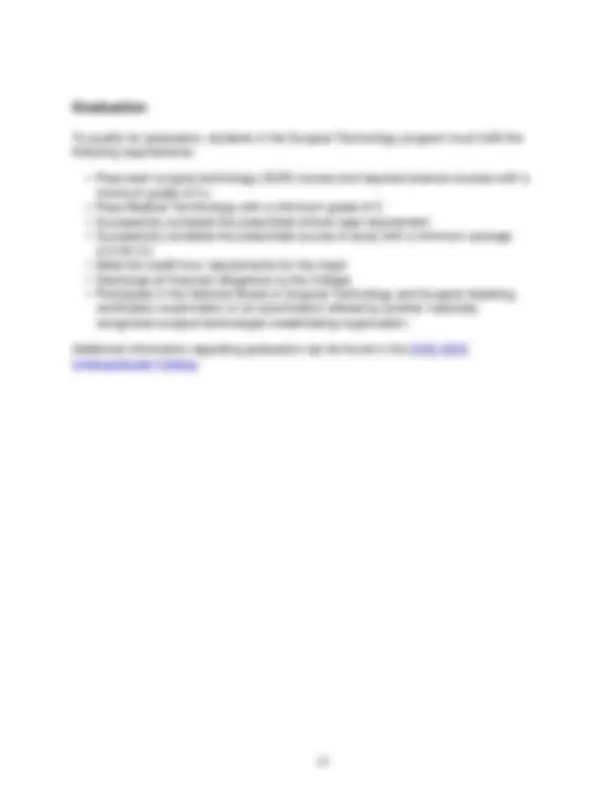
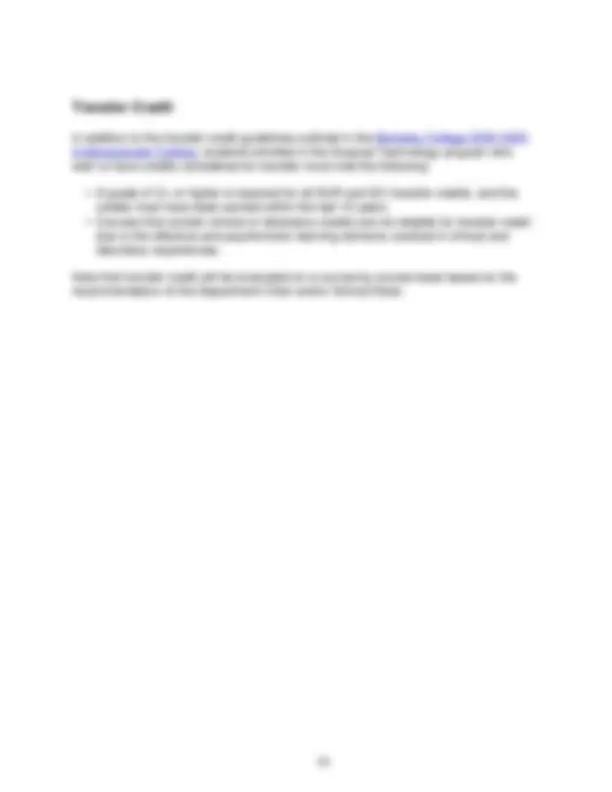
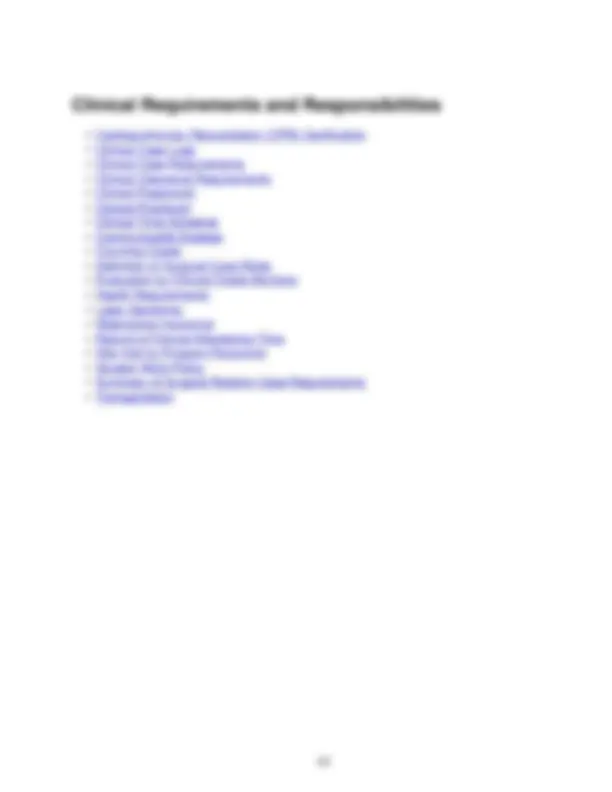
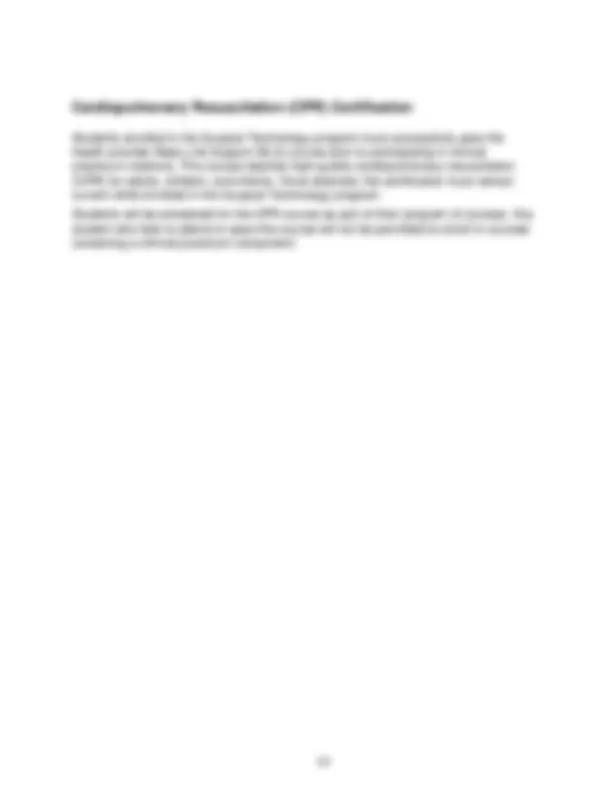
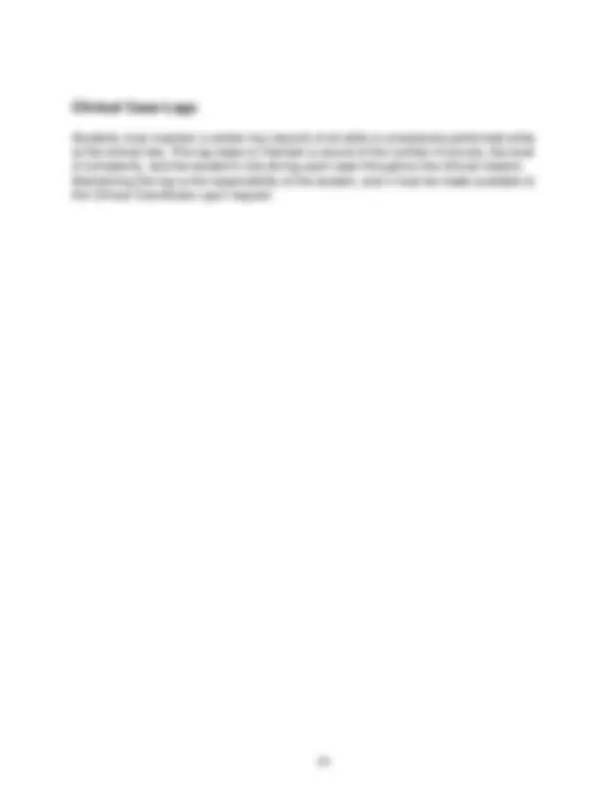
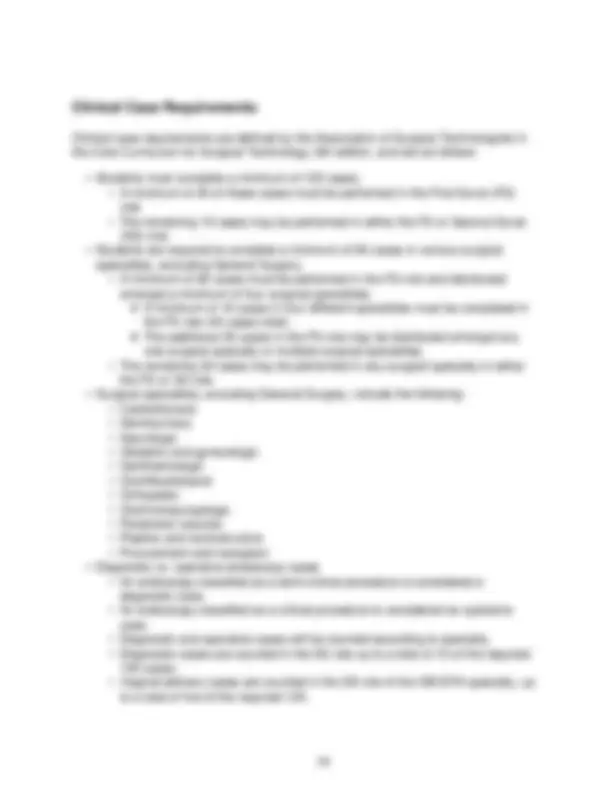
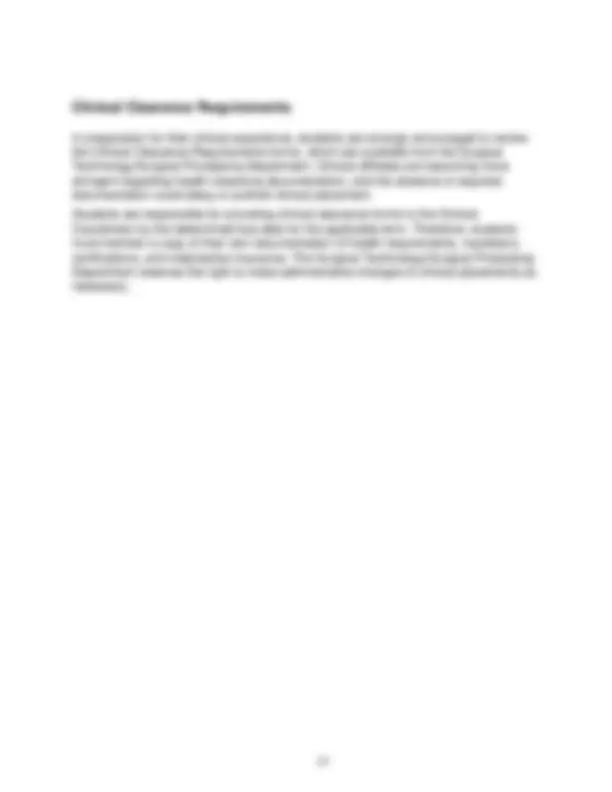
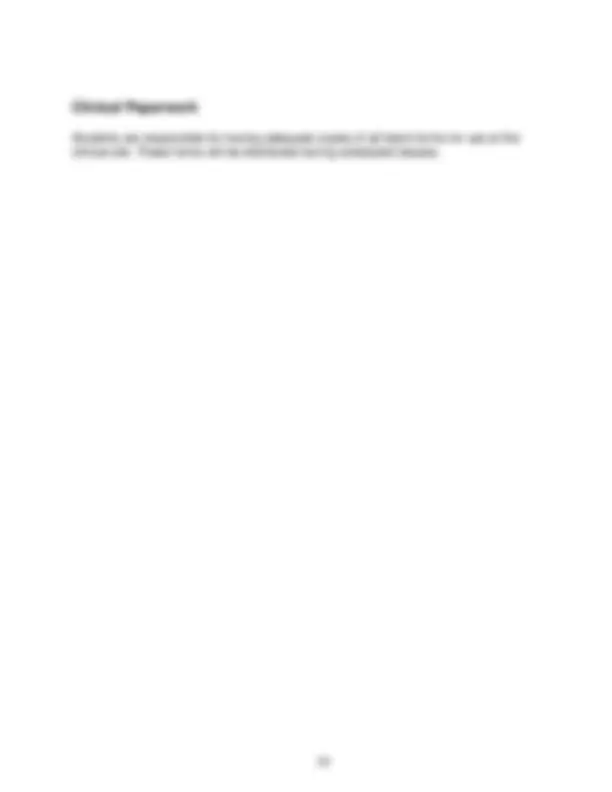
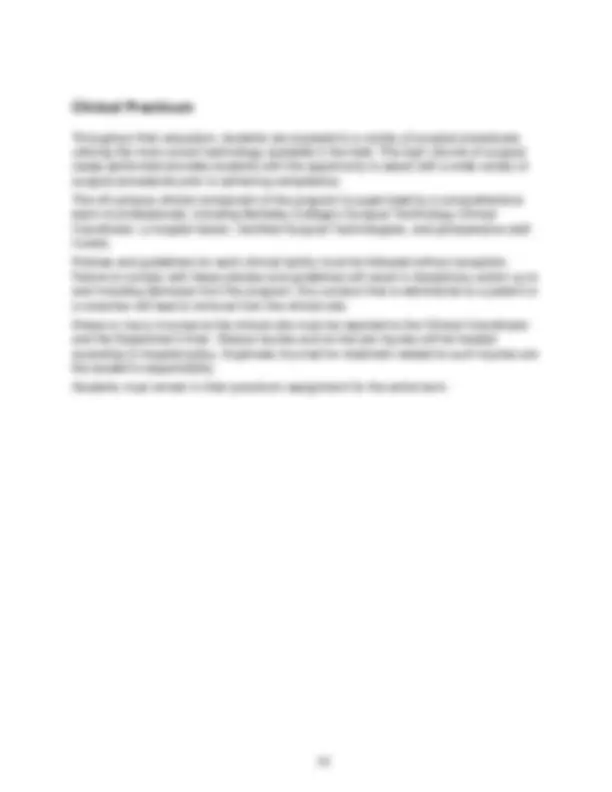
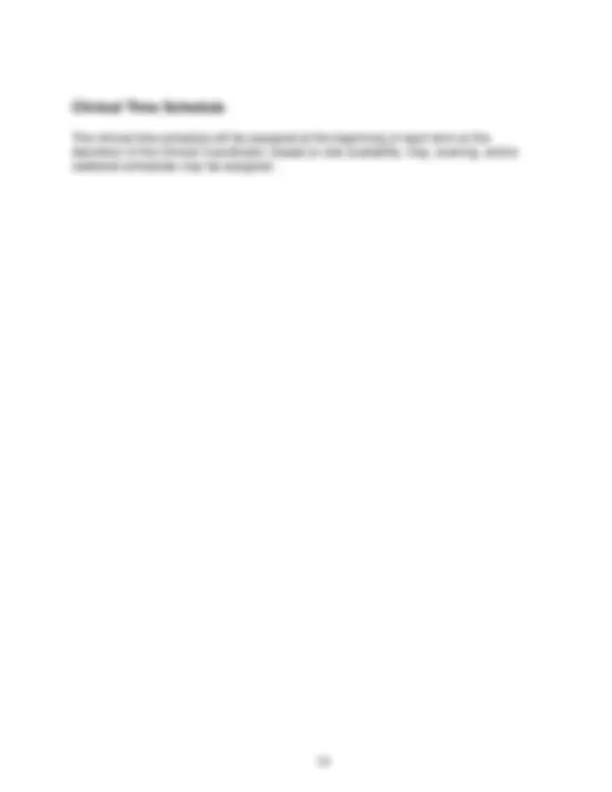
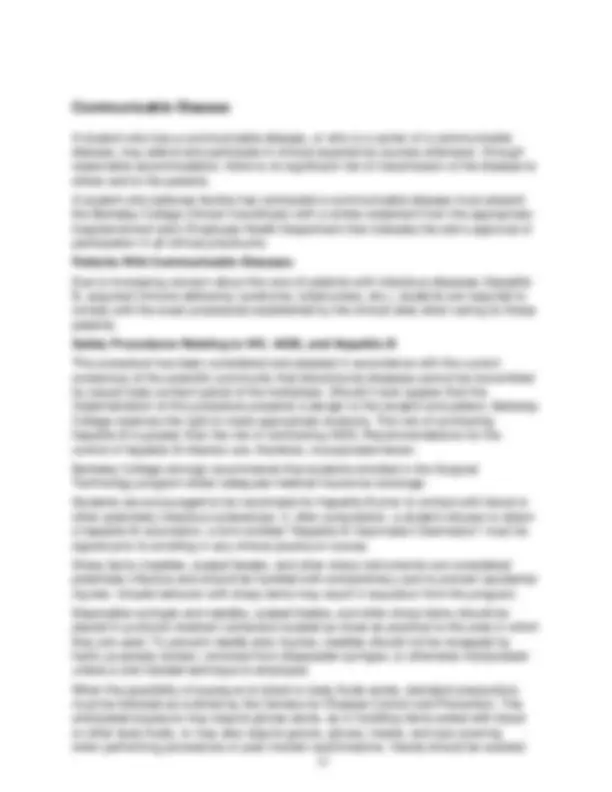
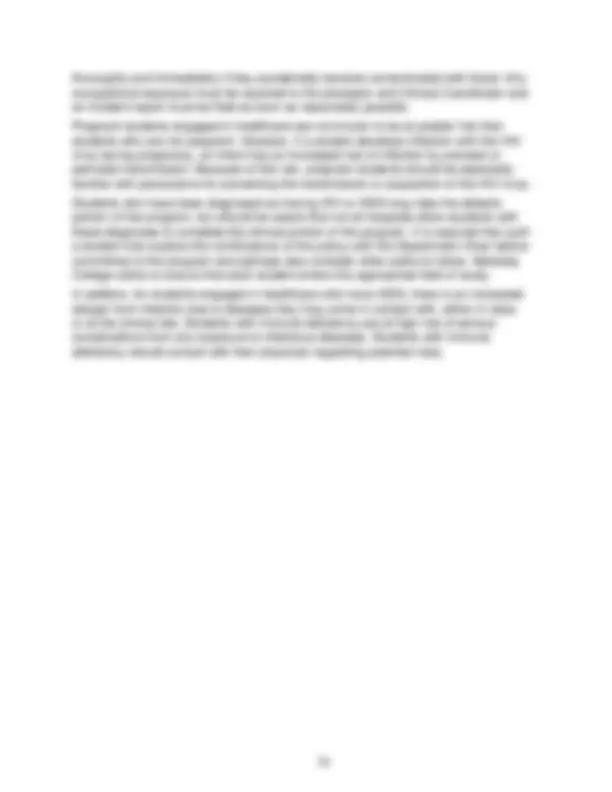
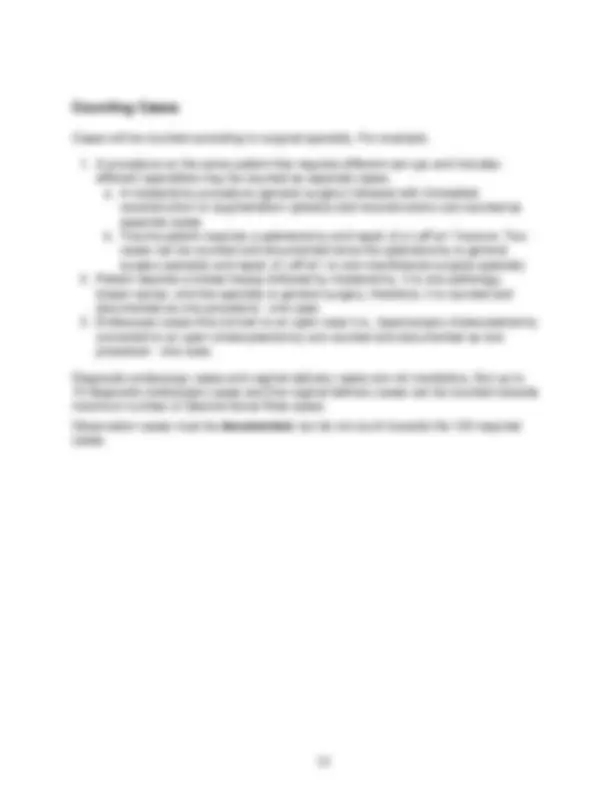
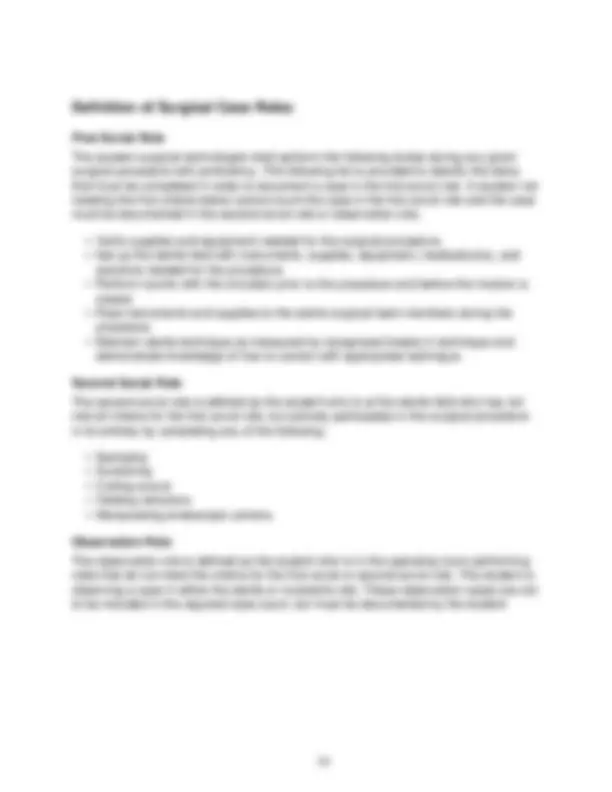
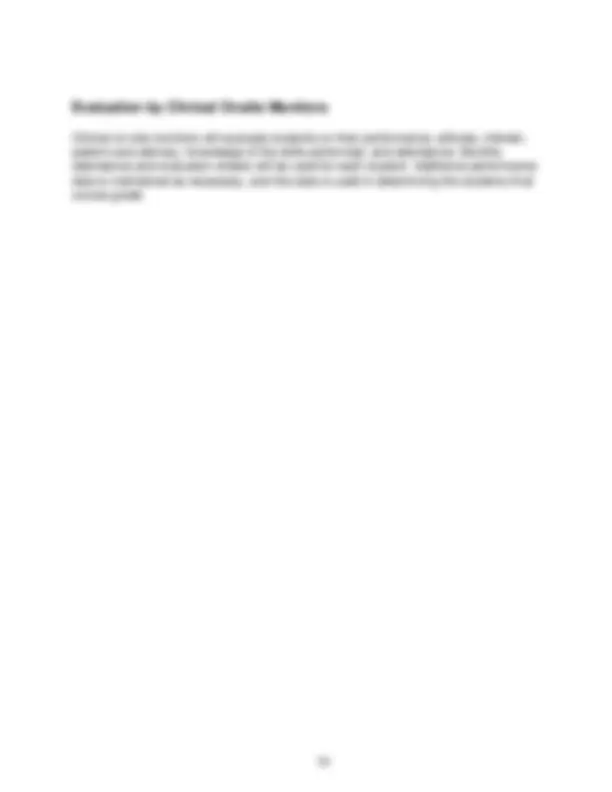
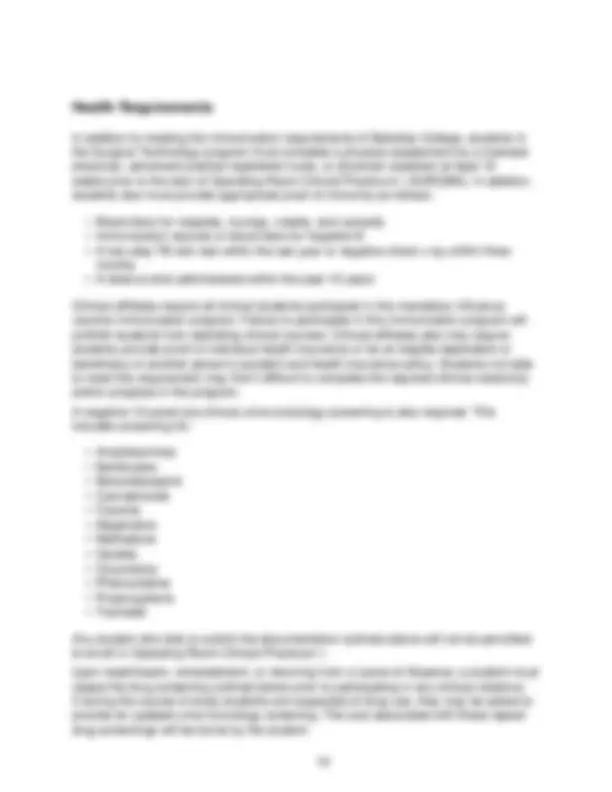
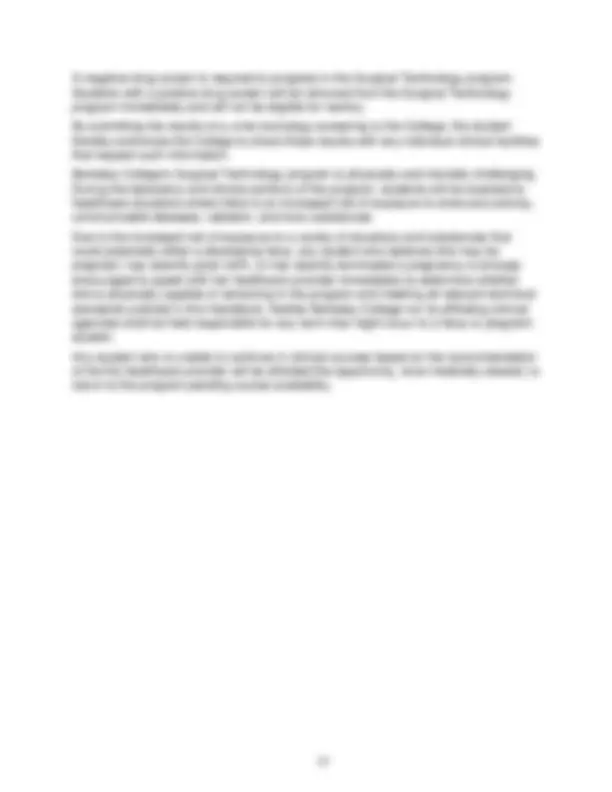
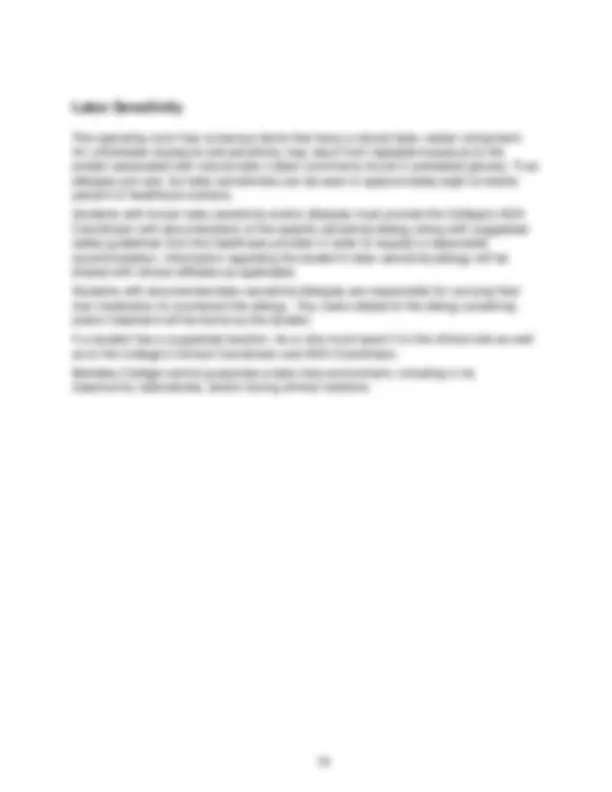
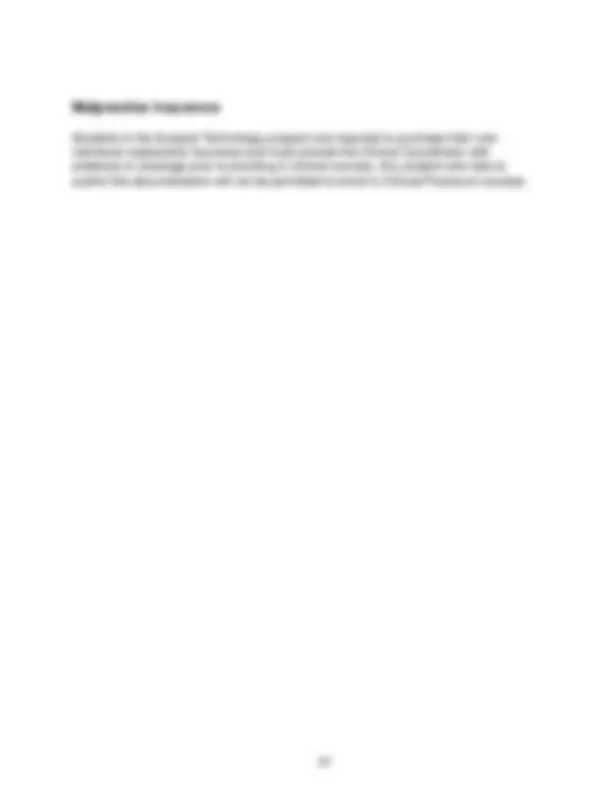
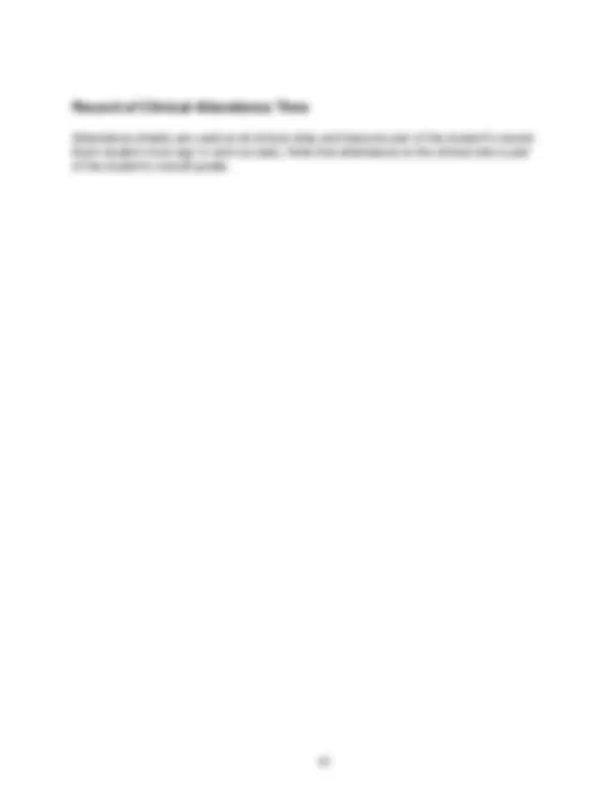
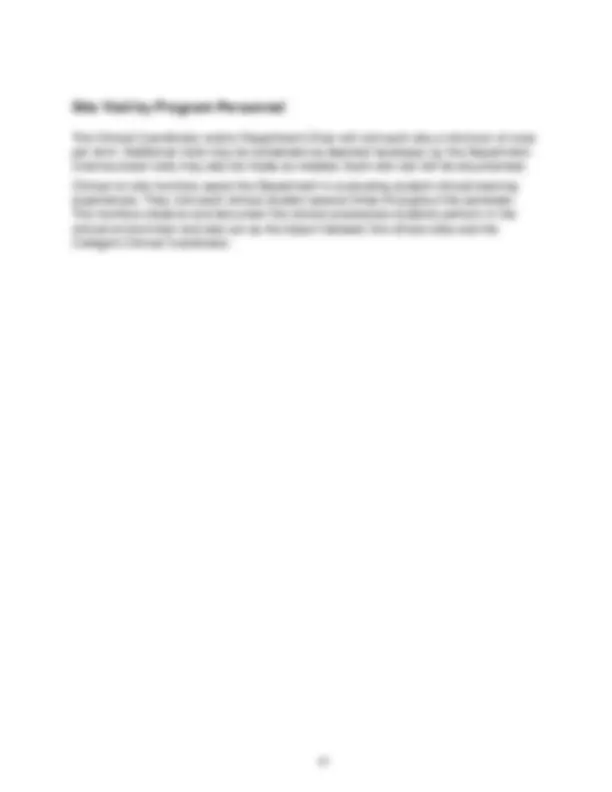
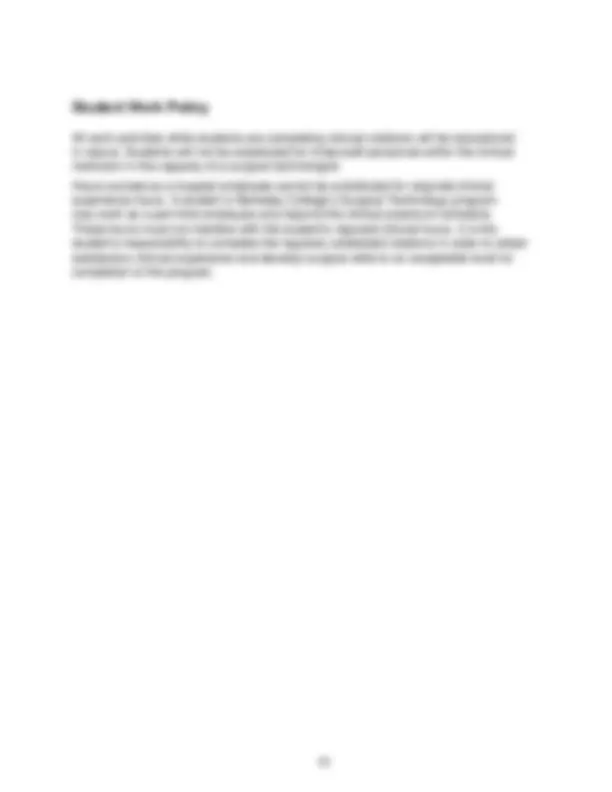
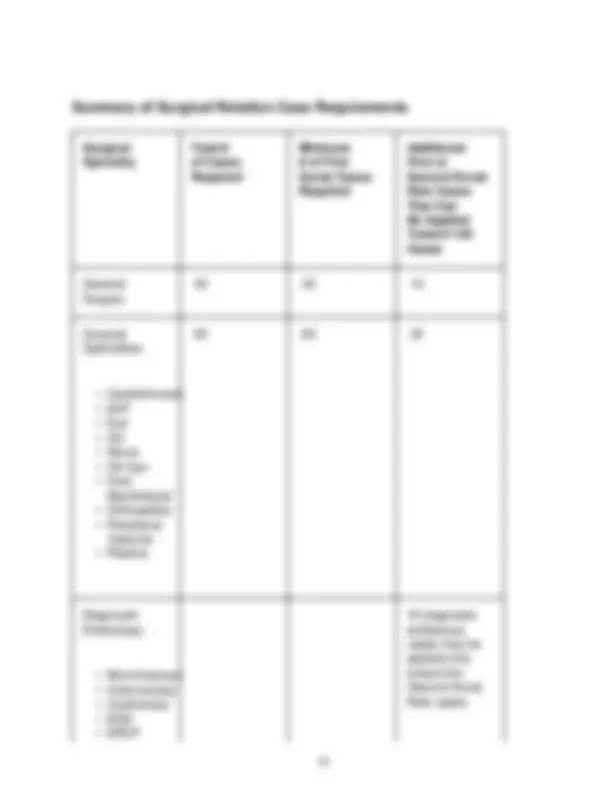
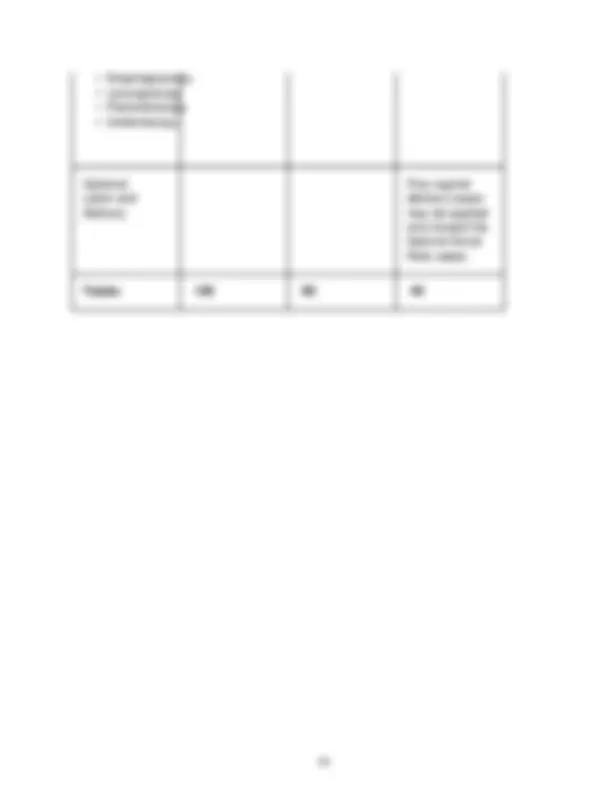
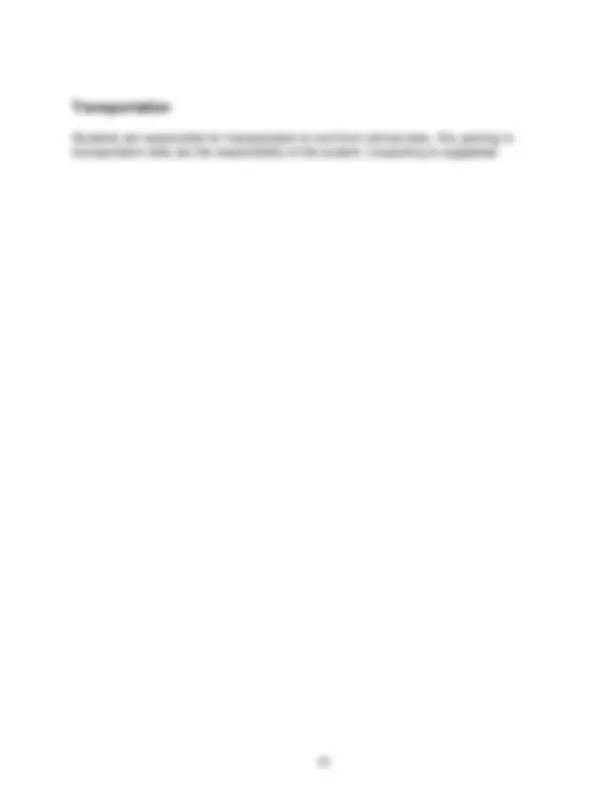
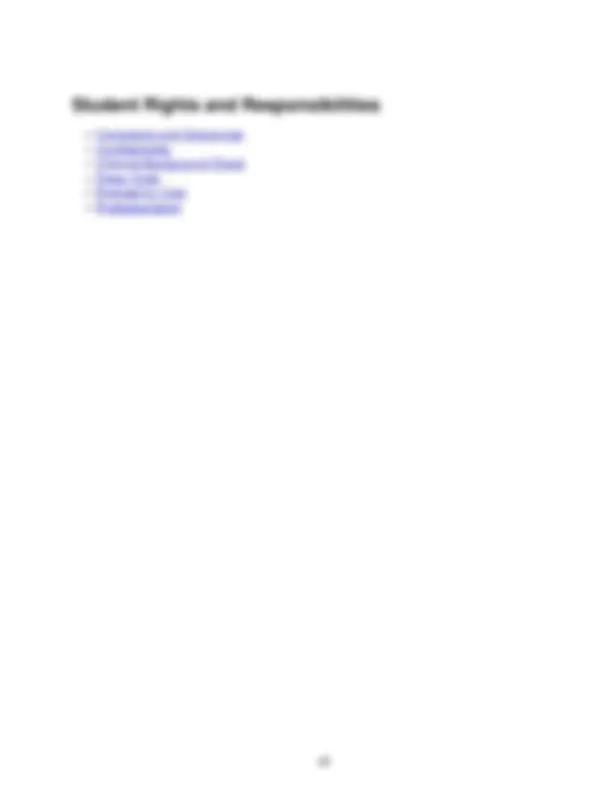
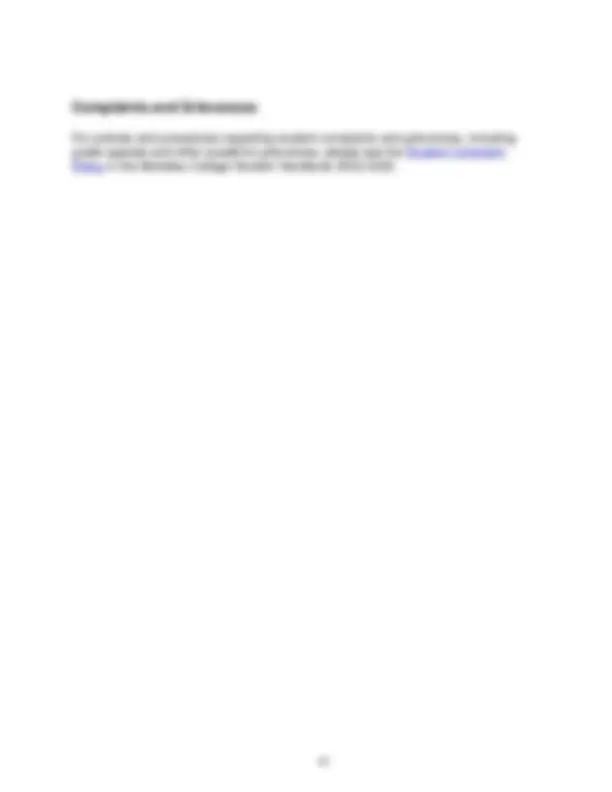
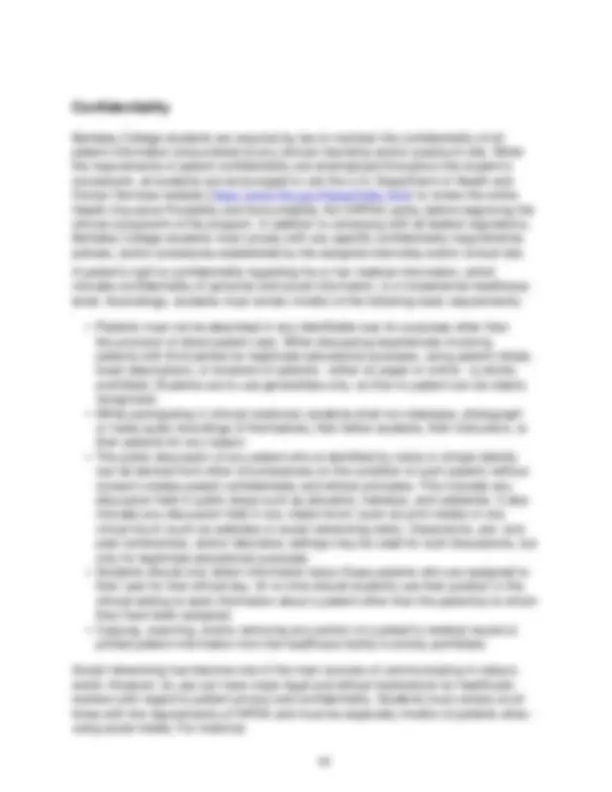
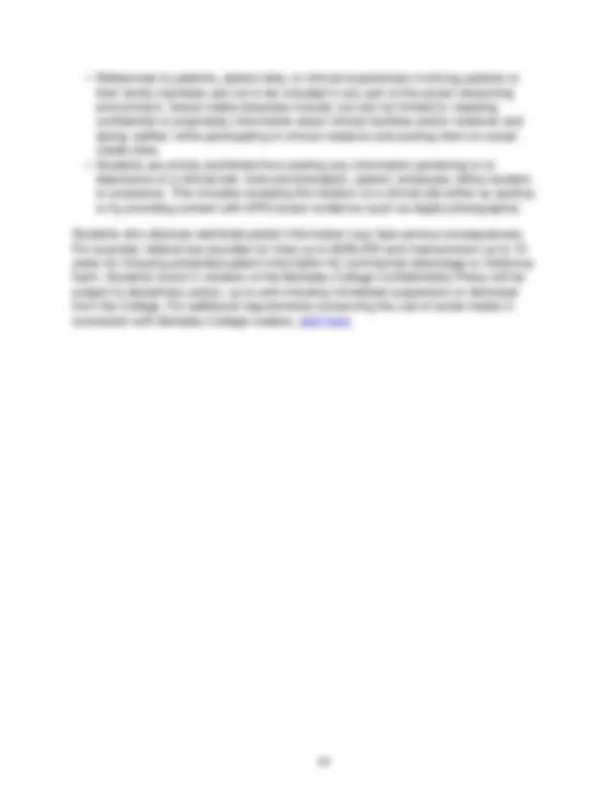
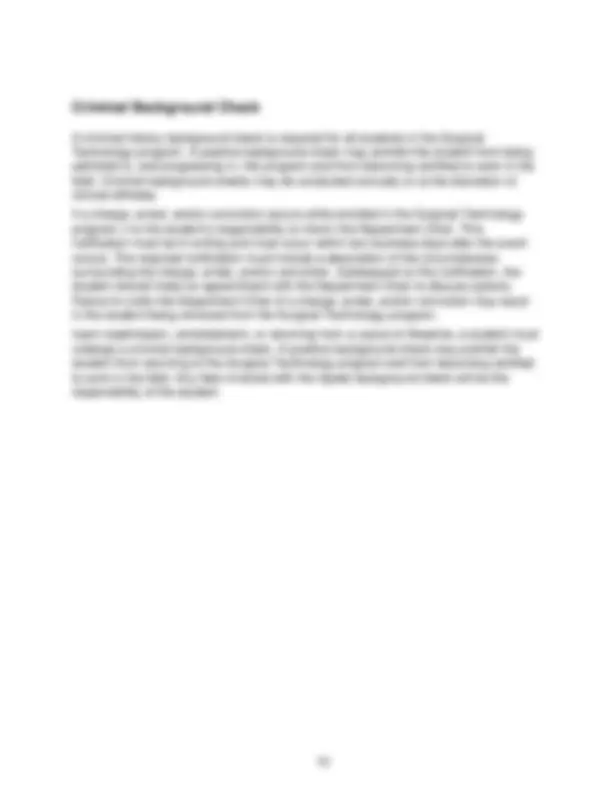
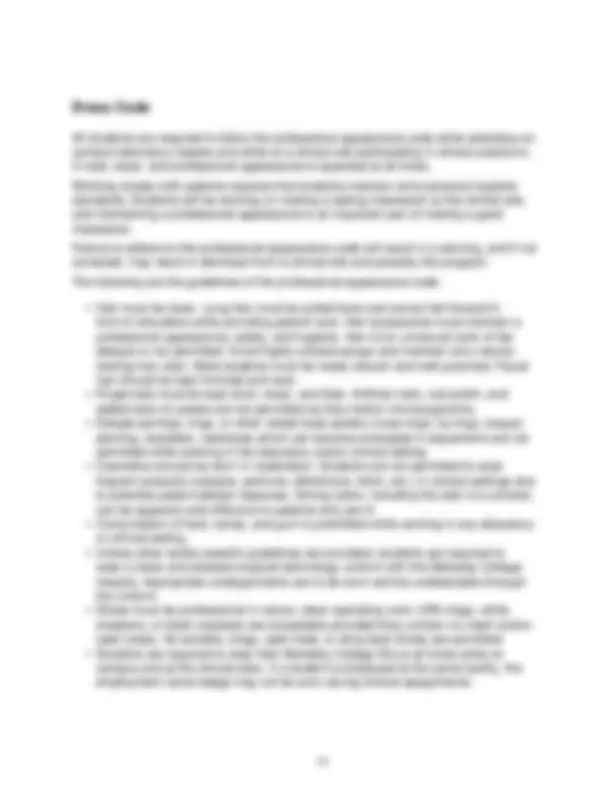
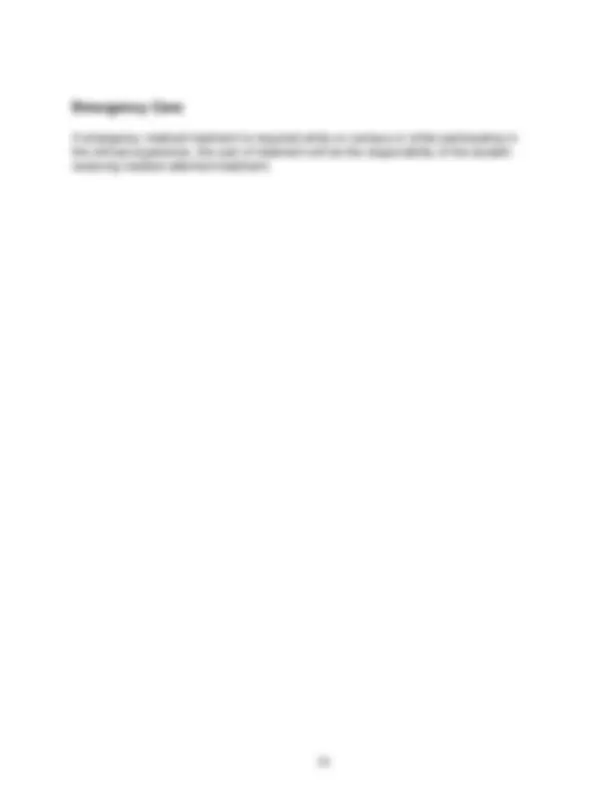
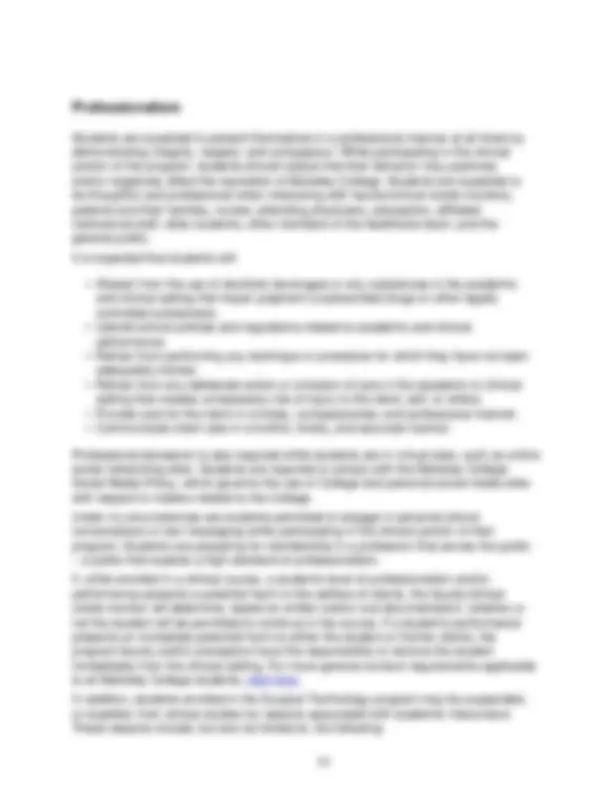
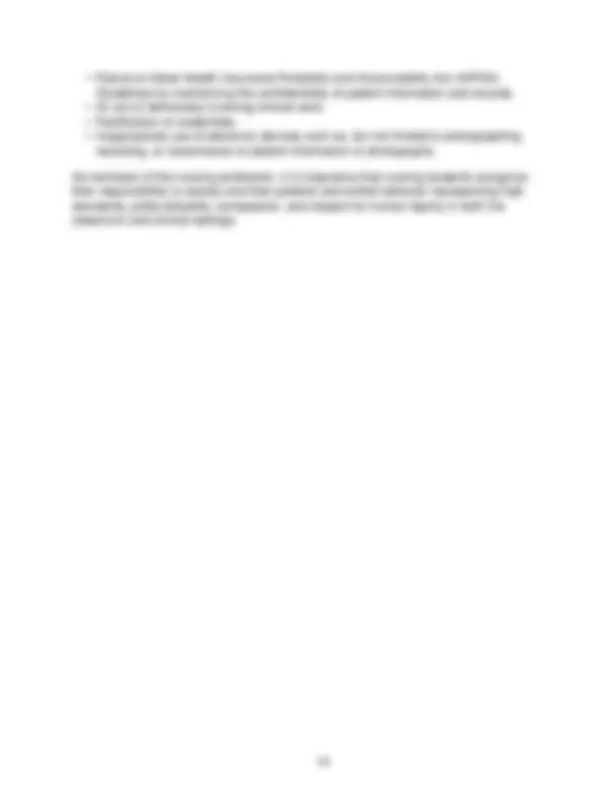
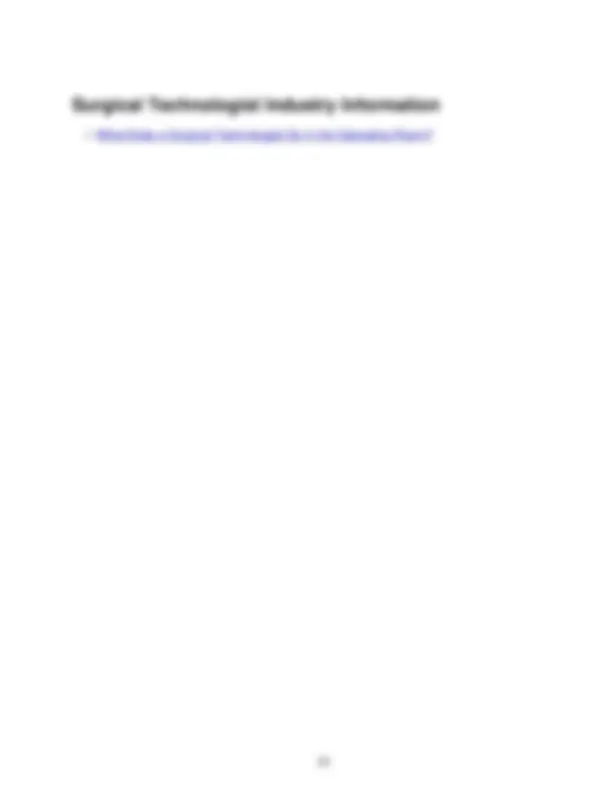
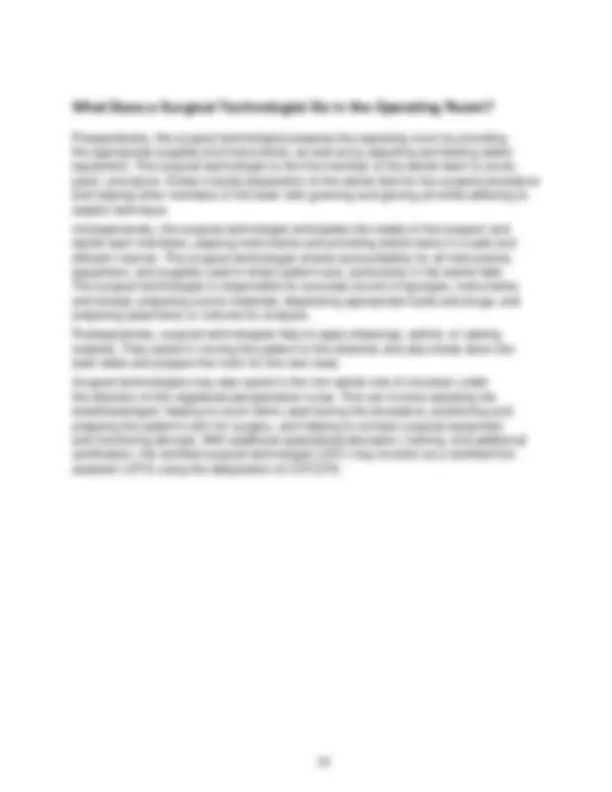


Study with the several resources on Docsity

Earn points by helping other students or get them with a premium plan


Prepare for your exams
Study with the several resources on Docsity

Earn points to download
Earn points by helping other students or get them with a premium plan
Community
Ask the community for help and clear up your study doubts
Discover the best universities in your country according to Docsity users
Free resources
Download our free guides on studying techniques, anxiety management strategies, and thesis advice from Docsity tutors
Effective January 1, 2022 Berkeley College is not accepting new students in the. Surgical Technology program offered at the Woodbridge campus.
Typology: Schemes and Mind Maps
1 / 56

This page cannot be seen from the preview
Don't miss anything!

















































- Effective September 1, 2022 to August 31, Healthcare Supplement This Healthcare Supplement is a valuable resource for Surgical Technology students and should be referred to throughout your program. The policies and procedures outlined in this Healthcare Supplement are specific to the Surgical Technology program. By participating in the Surgical Technology program you are agreeing to abide by the policies and procedures outlined in the Surgical Technology Healthcare Supplement. These program-specific policies and procedures supersede any conflicting statements made by faculty, administrators, the general Berkeley College Student Handbook, and the Undergraduate Catalog. Students should refer to the Undergraduate Catalog and the general Berkeley College Student Handbook for all other College policies.
The Surgical Technology program is designed to prepare students for employment as surgical technologists and to provide supplemental training for persons previously or currently employed in this occupation.
The Surgical Technology program includes classroom instruction, laboratory simulation, and clinical experiences. The curriculum is designed according to the Core Curriculum published by the Association of Surgical Technologists (AST).
The main objective of the program is to build practical and functional knowledge of surgical technology through progressive terms (depending on full-time or part-time status) integrating written work, verbal skill, and demonstrative performance. This program requires strong critical thinking and decision-making skills.
The goal of the Surgical Technology program is to prepare competent entry-level surgical technologists in the cognitive (knowledge), psychomotor (skills), and affective (behavior) learning domains.
College-Wide Objectives
Cognitive Domain:
The Surgical Technology program offered at the Woodland Park campus is accredited by the Commission on Accreditation of Allied Health Education Programs (CAAHEP) upon the recommendation of the Accreditation Review Council on Education in Surgical Technology and Surgical Assisting. The program has been placed on Probationary Accreditation as of May 20, 2022.
Effective January 11, 2022 the Woodbridge campus is not approved by the ARC/ STSA as a satellite location. Students who matriculated or completed the Surgical Technology program offered at the Woodbridge campus before January 11, 2022 will be graduates of a CAAHEP-accredited program and eligible to participate in the CST exam. Effective January 1, 2022 Berkeley College is not accepting new students in the Surgical Technology program offered at the Woodbridge campus.
Commission on Accreditation of Allied Health Education Programs
9355 – 113th^ Street North, # Seminole, FL 33775 727-210-
The Surgical Technology program at Berkeley College prepares and educates students to become surgical technologists in operating rooms. The profession’s scope of practice requires demonstration of responsibilities and accountability within the role and competencies expected of a surgical technologist. It is important to note that the profession of surgical technologist is one that is physically, mentally, and emotionally demanding. Indicated below are several examples of the scope of practice, roles, and competencies that will be encountered.
The School of Health Studies is committed to providing reasonable accommodation in its academic programs to qualified individuals with disabilities, including but not limited to learning disabilities. A reasonable accommodation is one that does not require a fundamental alteration to the nature of the program or lower academic and/or clinical standards.
Throughout the program, students must be able to perform in a reasonably independent and timely manner that does not affect the quality of care, the safety of patients or other individuals, and in a way that does not adversely affect the School of Health Studies, clinical affiliates, or any member of the healthcare team.
Students must be able to meet all of the performance standards outlined below, with or without reasonable accommodation, in order to be admitted and progress in the program. Individuals requiring accommodations while enrolled in the program are encouraged to speak with a representative of the College’s Office of Accessibility Services before enrolling in clinical and/or laboratory courses. These core performance standards are required skills in order to render safe care to patients in the clinical setting.
Some chronic or recurrent illnesses and problems could interfere with patient care and safety, and may be incompatible with surgical technology education and practice, since they may lead to a higher chance of absences. Surgical technology students are not required to disclose any chronic or recurrent illness and/or disability; however, students with concerns about meeting these technical standards are strongly encouraged to discuss the issues with the Department Chair and/or the Office of Accessibility Services. Deficiencies in knowledge, skills, judgments, integrity, or professional attitude may jeopardize patient care and, as a result, may be grounds for course failure and possible dismissal from the Surgical Technology program.
Students must have the aptitude and abilities in six areas: sensory ability and skills; fine and gross motor skills; strength, mobility, and physical endurance; the ability to communicate, comprehend, read, and write in English; behavioral stability; and cognitive ability and critical thinking skills.
It is the student’s responsibility to understand the duties, responsibilities, skills, and abilities required to be a surgical technologist. In addition to the technical standards described below, students are encouraged to review the information regarding surgical technologists at the O*NET website.
Passing Grade
The minimum passing grade required for a Surgical Technology (SUR) course is a C
In addition, the minimum passing grade required for Anatomy and Physiology I and II, Anatomy and Physiology Laboratory I and II, and Microbiology is a C+ (75 percent). Any grade below a C+ (75 percent) is a failing grade.
The minimum passing grade required for Medical Terminology is a C (70 percent). Any grade below a C (70 percent) is a failing grade
Repeating Courses
Surgical Technology students who receive a grade of C or below in any Surgical Technology (SUR) course must repeat that course. A minimum grade of C+ in the repeated course is required to remain in the program.
Surgical Technology students who receive a grade of C or below in any of the following Science courses must repeat that course: Anatomy and Physiology I, Anatomy and Physiology II, Anatomy and Physiology Laboratory I, Anatomy and Physiology Laboratory II, and Microbiology. A minimum grade of C+ in the repeated course is required to pass the course.
Surgical Technology students who receive a grade of D or below in Medical Terminology must repeat the course. A minimum grade of C in the repeated course is required to pass the course.
Note that failed courses may lead to additional charges and may also delay graduation.
Automatic Dismissal
Students enrolled in the Surgical Technology program are only permitted two (2) attempts at passing any core Surgical Technology (SUR) or Anatomy and Physiology course. A passing grade in the repeated course is required in order to remain in the program.
Surgical Technology students who fail or withdraw from any core SUR or Anatomy and Physiology course will be given one (1) opportunity to retake and pass the course. Therefore, students who fail a second core SUR or Anatomy and Physiology course, or who withdraw from a second core SUR or Anatomy and Physiology course due to non- attendance or failure to complete the required coursework, will be dismissed from the Surgical Technology program.
Students interested in adding a course or courses to their schedule must meet with the Academic Advisement Department to obtain approval prior to the start of the second week of the term. Requests will be considered only if appropriate arrangements can be made to make up missed class time. Clinical courses cannot be added to a student’s schedule after the start of the term.
Attendance, punctuality, and professionalism are key elements of any healthcare professional role. Unexcused absences or habitual tardiness, at lecture, laboratory, clinical/internship/practicum experiences, and other similar experiences, will not be tolerated and could result in dismissal from training and failure of the course.
Students are expected to participate in each of their courses through regular attendance at lecture, laboratory, clinical/internship/practicum training, and other similar experiences. Students are expected to meet the requirements of coursework as assigned, including completing assignments as scheduled. For courses in which some of the meetings are asynchronous, e.g., remote or blended learning, students are expected to participate in a similar manner.
While attendance itself is not used as a criterion for academic evaluations, grading is frequently based on participation in class discussion, laboratory work, performance, field experience, or other activities which may take place during class sessions. In addition, attendance is required for in-class assessments. If these areas for evaluation make class attendance essential, the student may be penalized for failure to perform satisfactorily in the required activities. Grading based on participation in class activities must be explained in the course syllabus.
In all circumstances, it remains the student’s responsibility to promptly initiate discussion about absence and arrangements for making up any missed work with each instructor. Students are encouraged to work directly with their instructor for any needed flexibility, and with the Program Chair for supplemental support as needed. Absences from class are handled between students and instructors.
For clinical/internship/practicum training students should follow the program specific policy as delineated in the Student Handbook.
Absences from class are handled between students and instructors (in the case of the clinical training between students and the clinical instructor or clinical preceptor). The instructor may request documentation to substantiate the reason for the absence and consider said documentation at their discretion, while maintaining a student’s right to privacy. Students are expected to provide requested documentation in a timely manner.
A student may need to schedule a planned absence from class. The student should discuss the planned absence(s) with the appropriate program representative and receive approval two weeks prior to the day(s) of absence. Table 1. Notification Policy for Non-emergency Planned Absences offers instructions on the appropriate program representative School of Health Studies students must inform regarding the planned non-emergency absences.
for a medical excuse. Late presentation of a note or retroactive application may affect the determination of whether the absence is excused.
Course Type & Who to Notify
Program Lecture Laboratory Clinical Training (including rotation, internship, practicum)
Surgical Technology
Instructor Instructor Clinical Coordinator, and Clinical Site Monitor, and Submit Excused Absence Request Form
Due to the very specific nature of the student learning goals and outcomes, the number of absences during laboratory and clinical training is limited even when the absences may fall under the excused absence criteria. The table below shows the number of permissible excused absences for each clinical/internship/practicum course.
Course Program Total Clinical Hours
Excused Absences
Make-up Needed
SUR 2280 ST 180 2 No*
SUR 2290 ST 180 2 No*
Repeated tardiness is considered improper professional behavior and may result in disciplinary action, including dismissal from the clinical sites, failure of this course, and/or dismissal from the program. Clinical or laboratory tardiness is defined as arriving after the designated start time of the clinical or laboratory experience. A student who anticipates being late to clinical or laboratory, must directly contact the College* representative as instructed (e.g., the clinical or laboratory instructor, the clinical site monitor, and/or the clinical coordinator), or a representative of the clinical site (students to follow instructions provided by the clinical coordinator). Student must inform (report
to) the College representative (e.g., faculty, or the site monitor) or the Clinical facility representative as soon as they arrive at the clinical site.
*Note: Students must inform the instructor of College Representative. Communicating being late to another student is not permitted.
** If a student is dismissed from the clinical site for cause, Berkeley College is not obligated to place the student at another clinical site. Therefore, the student will be subject to dismissal from clinical training and will fail the course. In such cases, student’s graduation will be delayed.
***A course failure may result in program dismissal based on the maximum number of course failures allowed for the program.
As stated in prior sections of the policy, students are required to inform representatives of the School of Health Studies (faculty, or the Clinical Coordinator, and/or the Program Chair) that they will not be at the clinical site. For specific programs students must notify the clinical facility as well. Instances when the student does not attend a clinical training day and fails to inform the College representative and/or the Clinical site representative (a.k.a. No Call, No Show) will result in dismissal from clinical training and course failure.
Extenuating circumstances that impede the student to provide the required notification will be evaluated by the Program Chair. It is the student’s responsibility to provide documentation that clearly demonstrates that the student could not provide the mandatory notification on-time.
Students who wish to drop a course must do so in writing and must have the approval of the Academic Advisement Department. Courses dropped during the first two weeks of classes do not appear on the student’s transcript. Withdrawal from a 15-week course between weeks three and 12 will result in a grade of WP or WF, which indicates whether the student was passing or failing the course at the time it was dropped.
Students enrolled in the Surgical Technology program are permitted to withdraw from one core Surgical Technology (SUR) or one Anatomy and Physiology course during the length of their Surgical Technology program. Students who withdraw from a second core SUR or Anatomy and Physiology course due to non-attendance or failure to complete required coursework will be dismissed from the Surgical Technology program.
A grade of W will be assigned to students who enrolled in but did not participate in a course. Students who do not officially drop a course will receive a letter grade that reflects their achievement.
Students enrolled in the Surgical Technology program may be eligible to receive credit for prior learning if they possess active, and in good standing, healthcare licenses or certifications. Details regarding the College's Credit for Prior Learning Policy can be found in the 2022-2023 Undergraduate Catalog.